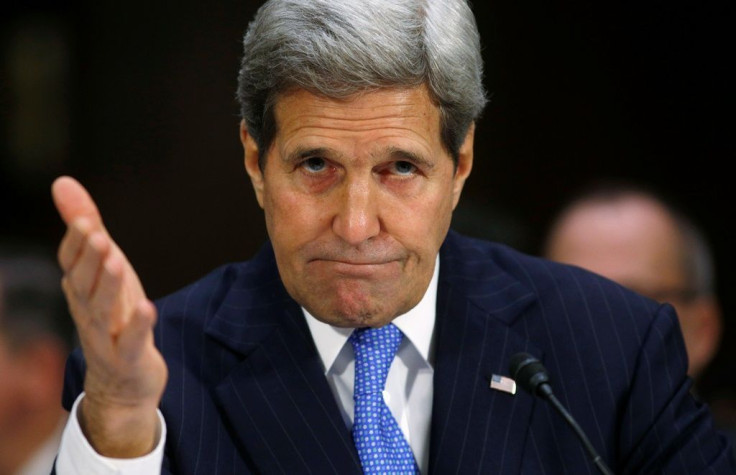More US Troops In Iraq Won't Stop ISIS: Expert

An author of numerous books on Middle Eastern political issues says the anti-American sentiment in the region will not help the United States solve crises there -- and neither will a U.S. plan to send more troops to Iraq.
James Petras, a retired Bartle professor of sociology at Binghamton University in Binghamton, New York -- and author of such books as "The Arab Revolt and the Imperialist Counterattack" (2011), and "Globalization Unmasked: Imperialism in the 21st Century" (2001) -- said that the anti-American sentiment in the region was a major factor in the rise of extremist forces like the Islamic State group, also known as ISIS or ISIL. The reason behind such hostility is America’s military involvement in Iraq.
The U.S. government must understand that sending more troops to Iraq would only make the situation worse, Petras said. “The problem is not the lack of U.S. troops; the problem is the history of U.S. military involvement in Iraq, which caused over 1 million deaths and uprooted millions of people,” he told Iran's Press TV. “Sending in more U.S. military officials to prop up the [Iraqi] government is not going to weaken ISIS, it’s going to strengthen it.”
Petras said that ISIS is capable of taking advantage of the anti-U.S. sentiment in the region. He added that America would have to disentangle itself from Iraq. Sending in more troops will foment more opposition against U.S. authorities, he said.
U.S. President Barack Obama's administration is sending 450 additional military officials to Iraq to help the country fight ISIS forces. According to U.S. Army Gen. Martin Dempsey, chairman of the joint chiefs of staff, the Pentagon is setting up a military base in Anbar Province and may establish more bases in Iraq.
U.S. authorities have spent at least $2.7 billion since August 2014 on its war against ISIS militants in Syria and Iraq. However, little significant progress has been made so far. The U.S.-led coalition suffered a major blow when ISIS forces overtook Ramadi in central Iraq. The militants are now reportedly on the verge of capturing Fallujah and could target Baghdad next.
The Pentagon said Thursday that the daily cost of the war against ISIS was more than $9 million at the moment. Military.com reported that, according to the U.S. Defense Department, the U.S. Air Force bore two-thirds of the total expenditure.
© Copyright IBTimes 2024. All rights reserved.











